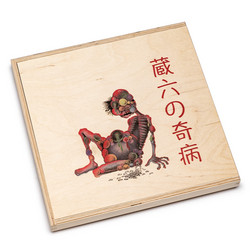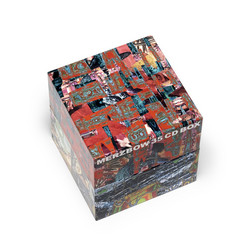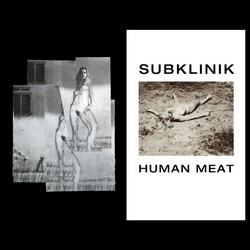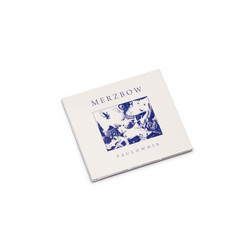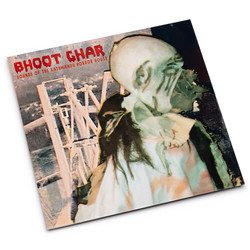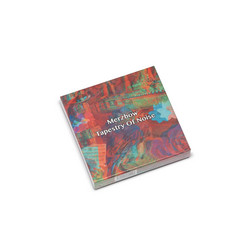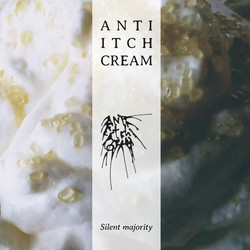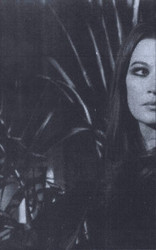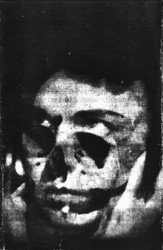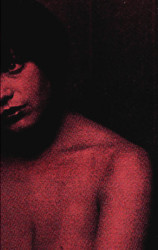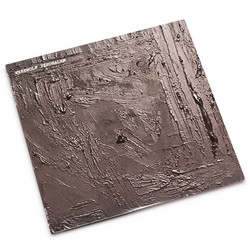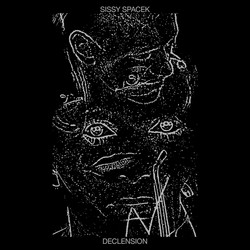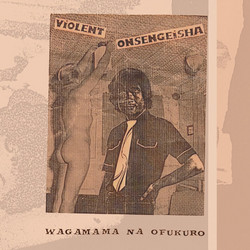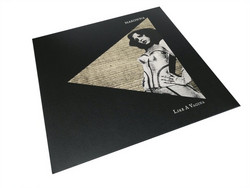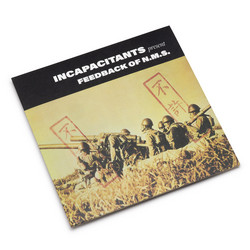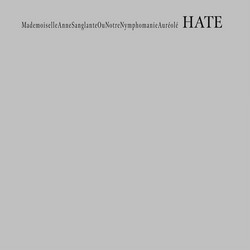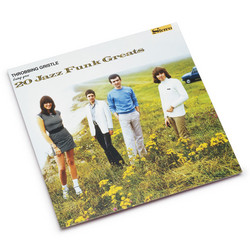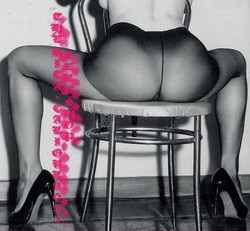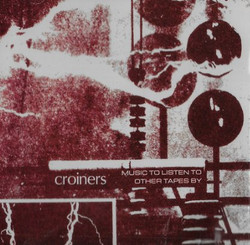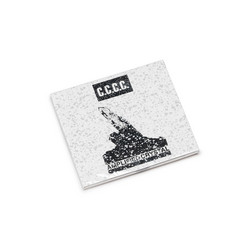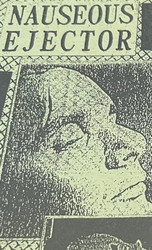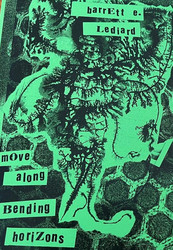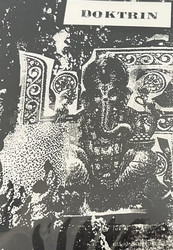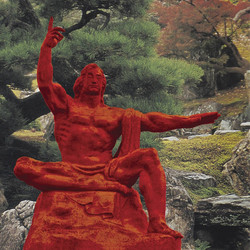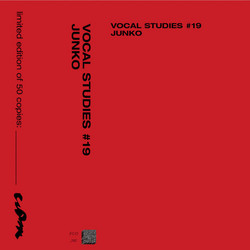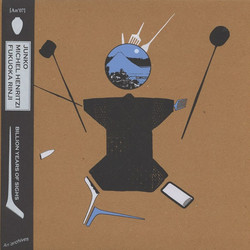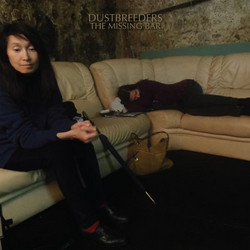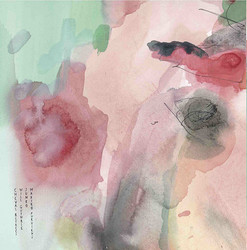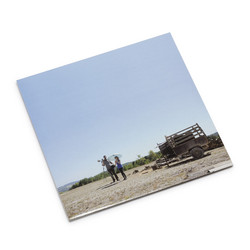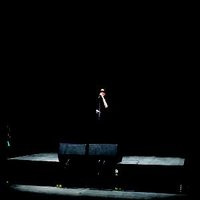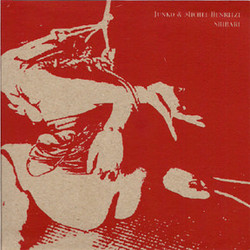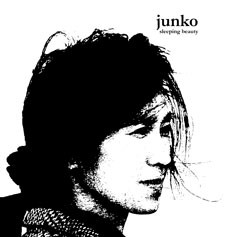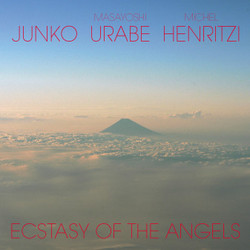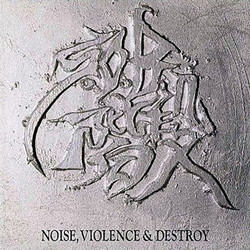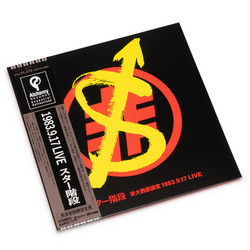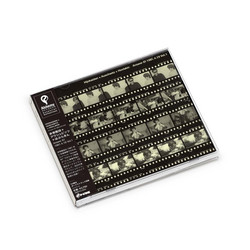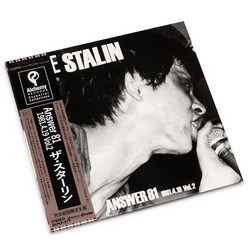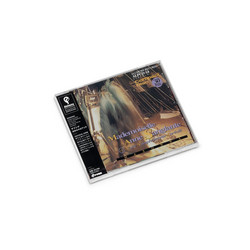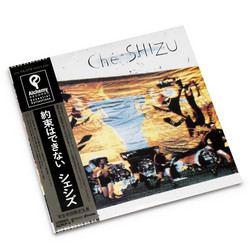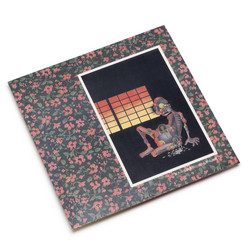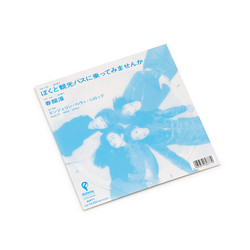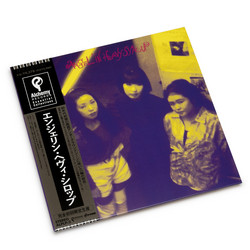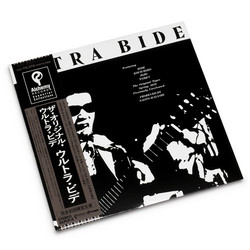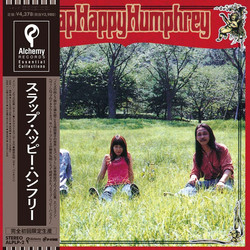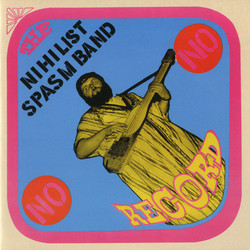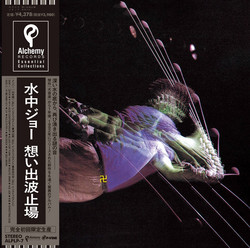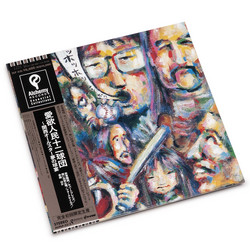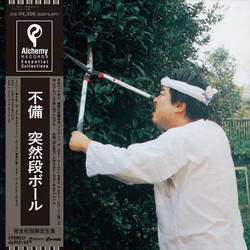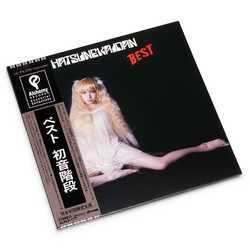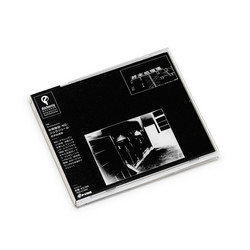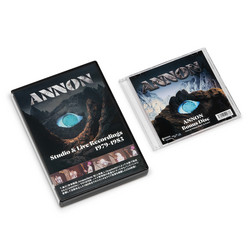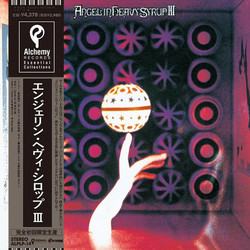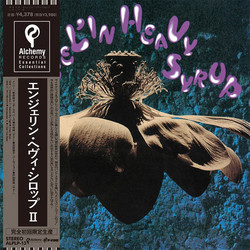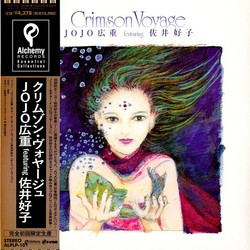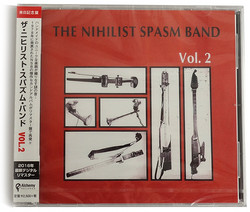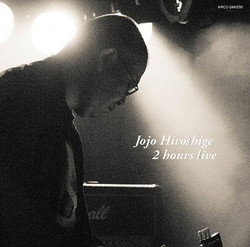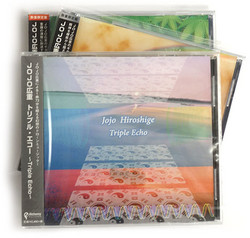Junko
Noise Of Voice (5CD+1DVD box)
*restocked, reduced price* 5x CD + Dvd box collecting Junko Hiroshige (founder member of Hijokaidan) her unique and extreme vocal style. Life’s a scream with Junko, whose extreme vocals exemplify the principle of less talk and more action: with vocal chords of rarely equaled sustainability (mere mortals would suffer nodules like golf balls if trying to match her), Junko’s often brutal high-register insistence comes across like the voice of Linda Sharrock taken to sheer hellish extremes. "Junko Hiroshige arrives on stage and immediately starts to scream into the mic. She keeps going, and it doesn’t vary much.
She’s now into her fourth decade of screaming. Her regular context is Jojo Hiroshige’s noise group Hijokaidan. This chunky box set – five albums plus a DVD – is on Hiroshige’s Osaka based Alchemy label, but there are no Hijokaidan tracks here. This is solo Junko, or Junko with selected collaborators, most frequently French guitarist Michel Henritzi. Mattin pops up on “Je T’aimeâ€Â, and we also hear from Tokyo’s Off Site venue founder Atsuhiro Ito, free jazz reedsman Akira Sakata, Toshiji Mikawa from Incapacitants and Swiss extreme artist Rudolph Eb.er. Perhaps the most exciting disc is devoted to a live show from 2007 with Henritzi, guitarist Rinji Fukuoka from the long defunct Overhang Party and drummer Aya Onishi of Nihilist Spasm Band.
Much of the material is previously unreleased, including her sets with Sakata at Tokyo’s Pit Inn from 2014, Eb.er at Bristol’s Extreme Rituals festival in 2012, and Junko’s 2014 solo performance at the Multiple Tap festival of Japanese music at London’s Café Oto.
The longest stretch here is a remarkable 40 minute solo from the Trickster club in Berlin. This amounts to half an hour plus of screaming. Except screaming doesn’t quite catch it. She wails, she keens, she jabbers in tongues, she works away at a break in the high voice where there’s a vein of sonic impurity. She gasps “Gaa†and “Daaâ€Â. Her range is narrow, but it includes piercing cries and a hoarse, wracked bark. She’s a sleepless baby, she’s the freak infant from Lynch’s Eraserhead, she channels the howling of ancient plumbing.
It’s a sound that normally signifies pain or urgent trouble, but Junko stays calm and her sound doesn’t hold that meaning – it’s non-expressive. When she stops, it’s over. The other musicians must all stop. There’s a flicker of a smile, a modest “doh-mo†by way of thanks, and she’s gone.
Junko was recently interviewed by Bournemouth’s online mag ATTN, in this manner: “I first saw you perform at Multiple Tap earlier this year. I’ve been listening to extreme music for many years and yet your voice is one of the most excruciating sounds I’ve ever heard. Is it part of your intention to make your audience agonised and uncomfortable?†This was Junko’s reply: “Thank you for your coming to Multiple Tap event at Cafe Oto 2014. I always do my best.†You see the judo move there? The lumbering Westerner tumbles to the mat, his aggressive questioning politely diverted into a fall.
Junko sidesteps much musical debate. She has a calm authority onstage that can make you wonder why the other musicians are trying so hard. Why so much macho gesticulating? On the DVD, next to Junko
Sakata, playing clarinet, looks a weirdly hyperactive jazzer – insecure perhaps, gabby certainly, in the sense that Radu Malfatti complained improvisors had become gabby. Sakata is busy with so many things – Junko does one.
Henritzi is the most common foil for Junko’s relentless vocals. The whole of one disc is allotted to their duo singles: Moi Non Plus, Fear Of Music and four more, where Henritzi’s bluesy, motorik racket finds a rhythmic plateau that is a perfect parallel to Junko’s poker-faced wails. The other musician who interlocks precisely with Junko is Toshiji Mikawa, seen on the DVD live at Bears in Osaka. His group Incapacitants’ stated aim is to make hard noise devoid of musical or even human intention, and as Mikawa strangles his electronics he’s very much on Junko’s wavelength.
But overall, Junko doesn’t adapt, she places what she does alongside others. Arguably Derek Bailey adopted a similar strategy. She tears up the rulebook about sensitive listening and responding, the whole John Stevens Search & Reflect method for collective improvisation. Neither does she have much to say about what she does. In common with sinewave maestro Sachiko M and a different kind of extreme vocalist, Ami Yoshida, she simply works with sounds she likes – it’s all action and no talk. When she does offer something like an explanation (to ATTN), she emphasises the naturalness of her action: “I think that Hijokaidan makes my voice in this way by nature. It was really an easy idea for me, like a happening.†Yoko Ono is another Japanese woman with a great talent for howling into a mic, but Ono works in a tradition of dada and Fluxus, and her performances are buttressed by a lifetime of sculpture and object making. Junko narrows things down. There’s a debate about sonic freedom in noise and improv, but Junko seems to laugh at such angst.
Perhaps the Japanese have a traditional allegiance to non-expressive sound. Composer Toru Takemitsu thought so: “As a people who developed the concept of ‘attaining Buddhahood in a single sound’, the Japanese found more meaning in listening to the innate quality of sound rather than in using sound as a means of expression. To them natural sound or noise was not a resource for personal expression but a reflection of the world.†A thousand years ago the Japanese were writing poems about the songs of cicadas: “If a jewel of dew could sing, it would tinkle with such a voice!â€Â
Boredoms drummer Yoshimi filled her album Bor Cozmik with the roaring of rainforest insects recorded in Borneo. The UK loves birdsong, the Japanese enjoy insect song. When those traditions leak into music, what results? Junko offers one answer. Her music is harsh, ego-less, impossible to deal with. Longterm collaborator Toshiji Mikawa puts it like this: “I can only advise the greatest of caution when facing this stunning voice.â€Â" The Wire
